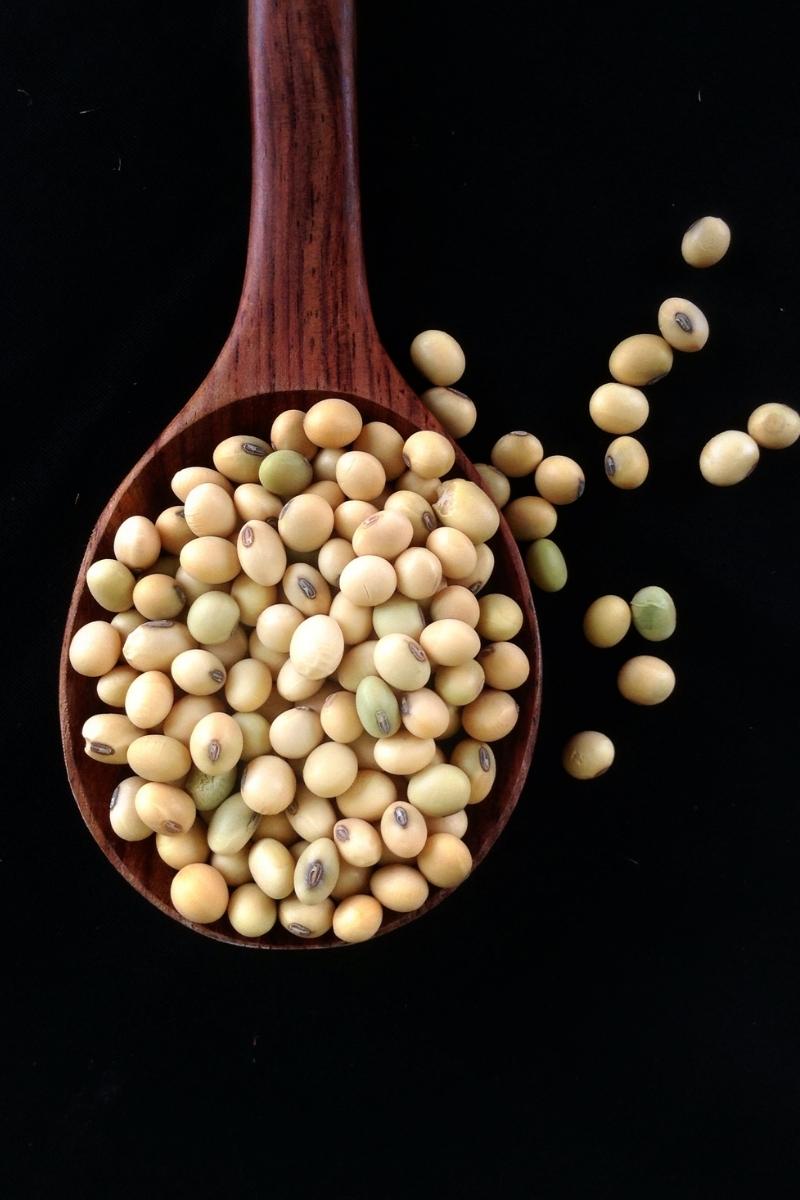Deforestation forSoybeans
Around the world, there is a surging demand for soy—the “king of beans.” Soy is a globally traded commodity produced in temperate and tropical regions and is a critical source of protein and vegetable oils. Since the 1950s, global soybean production has increased 15 times over. The United States, Brazil, and Argentina produce about 80% of the world’s soy. However, China imports the most soy and is expected to increase its commodity import significantly.
Not only are soybeans made into food products like tofu, soy sauce, and meat substitutes, but we also eat them in the form of soybean oil and soybean meal. Soybean meal is widely used as animal feed, so we humans consume much of it indirectly via our meat and dairy. Soybeans also reach our tables as oil, representing around 27% of worldwide vegetable oil production. While its most common oil-based form is table oil, soy is increasingly used for biodiesel production.
More than 90% of the soybeans are used for animal feed, and more than 90% of soybeans from the US and Brazil are GMO-modified.
Water lentils are a natural, sustainable alternative to soybeans. The biggest reason is that water lentils do not need any agricultural land; we can even grow our water lentils in the desert. In addition, water lentil production uses 17 times less water than soybean production.
Animal Feed
Vegetable oil

